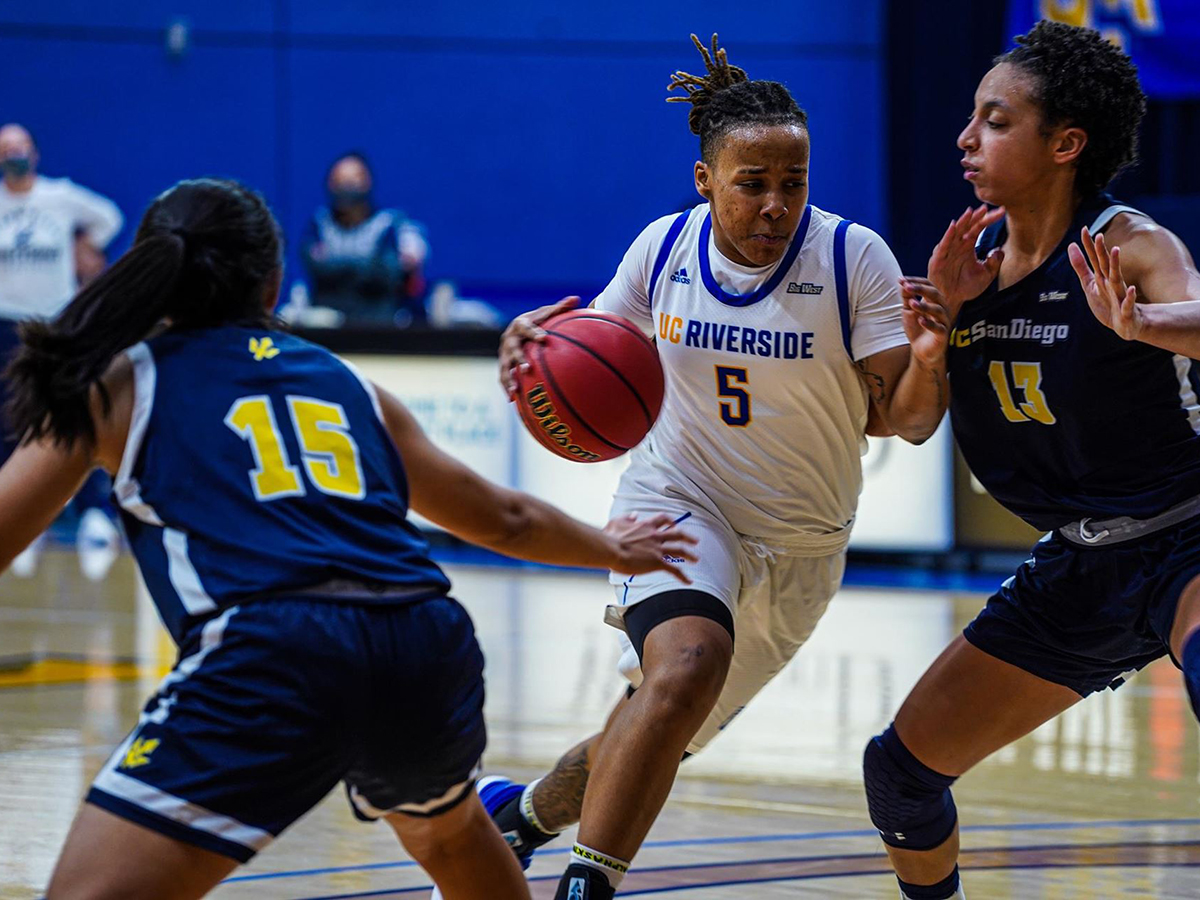
After a whirlwind of outrage on social media over the clear disparity between men and women basketball players within the NCAA, the organization made a half-hearted apology full of ignorance and lies. They claimed that sponsorship packages and other amenities were equal despite the multiple pieces of evidence stacked against this. And although these people are right to hold the NCAA accountable, activism on social media alone is not enough to change the perspective of this organization. Sexism within sports has been an uphill battle since long before this incident, and it is unlikely that much change will ensue even after the commotion was caused. While social media has proven to be a powerful tool for bringing attention to pressing issues, much more needs to be done outside of the internet in order to bring justice to women’s basketball players.
The apology issued by the NCAA was ridiculous, and people need to recognize this first and foremost. It should not come as a shock that such a large organization issued an insincere apology to fan the flames that sparked over social media. And with the nature of cancel culture, this tactic of providing a hollow apology online seems to do the trick when it comes to getting angry people off of one’s back. However, the public needs to do better by continuing to hold the NCAA accountable for its sexist actions.
The lackluster claims made by the NCAA did not include clear solutions on how they will remedy the problem. For instance, after an onslaught of pictures depicting differences in weight room facilities between the teams, the NCAA claimed that there was simply not enough space for the women’s basketball team to have an adequate training facility. When this was debunked, the NCAA retracted their statement and promised to fix the issue as soon as possible. The debacle showed how they have no interest in being transparent, and worse, that their vague promise to fix the facilities may not come to fruition. It seems like this statement was made to shut down the commotion and carry on business as usual.
In addition to the stark differences between training facilities, many people have called attention to the disparities between the sponsorship packages that the teams receive during March Madness. The viral images of these differences are shocking, and one would think that the NCAA would hold themselves accountable and promise to do better. However, instead of addressing the issue, the NCAA chose to explain how the packages were equal when that was clearly not the case. Issue after issue is met with an excuse, and all of the statements and apologies are sad attempts to dismiss the issue until the public eye turns away. But the public should not continue this harmful pattern of following movements until they fall off the trending pages. If this persists, the inequality that female student-athletes experience will remain in place.
Many professional athletes within the NBA and WNBA, along with ESPN sports anchors, have used their platform to speak out against these disparities. Despite this, activism should extend outside of social media. We need to stop treating these movements like trends by only advocating for change when it is popular online. Instead, people need to do more in order to address these disparities between the sexes in sports. Aside from viral videos and tweets, educational institutions need to be more vocal in advocating for equality for their female student-athletes.
Funding for organizations 一 primarily the NCAA 一 must be cut until they truly address these disparities in order to incentivize fair treatment among all athletes. Most importantly, forming support groups for these female athletes will help uplift their voices against the organizations that keep treating them unfairly.
Women in sports have been snubbed for far too long. Female basketball players deserve the same amount of respect as their male counterparts, and this must come from better facilities, sponsorship packages and overall care for the players. Simple hashtags aren’t enough — the public needs to push harder in favor of these talented players.







